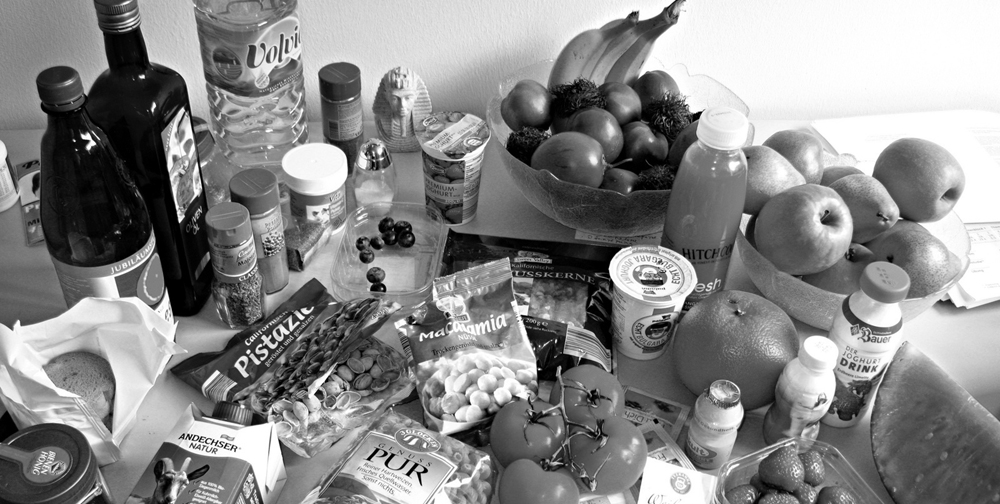Breadline Britain and the big society
This week, as part of a London assembly investigation I am leading in to food poverty, results from a survey of teachers in London were published. This revealed that over 95 per cent of those teachers who responded said that...
This week, as part of a London assembly investigation I am leading in to food poverty, results from a survey of teachers in London were published. This revealed that over 95 per cent of those teachers who responded said that some of their pupils regularly started the school day without breakfast. Of those over 50 per cent thought that families could not afford to feed the children breakfast.
Many of the teachers (61 per cent) had bought food for hungry children at their own expense. Almost all the teachers said that the children found it difficult to concentrate as a result of hunger. Other major issues included worse behaviour, lower results, being less able to take part in sports, fainting or developing other illnesses as a result of hunger or poor diet.
Throughout the investigation, I have met a huge number of people, including volunteers, teachers and other professionals, whose commitment to help people in crisis is both inspiring and humbling. These are the people who represent the ‘big society’ aspect of the issue as expressed by Ed Miliband in prime ministers questions.
But the fact that foodbanks exist and that teachers are regularly buying food for hungry children remains a national scandal. We need to support those who are helping people in need but we can not see emergency food aid in towns and cities across the UK, whether in classrooms or church halls, as anything other than a crisis solution to a national scandal.
The findings of the assembly survey are depressingly similar to other studies – a survey on school lunches published by the Children Society last week also found alarming levels of hunger in schools. The Children’s Society survey is linked to a campaign on school food – Fair and Square asking for entitlement to free school meals to be extended to all children in poverty by changing the qualifying criteria to living in a household in receipt of universal credit.
This would be a positive move in the short term and one Labour should push for. Longer term, however, we need to consider wider issues around availability of and access to, food. In a rich nation, such as ours, everyone should have access to sufficient, and healthy, food. No other policy is acceptable but we need imaginative and ambitious solutions to a remarkably complex problem. For example, we need to decide where we stand on universal free school meals; breakfast clubs and free fruit in schools – all of which have benefits beyond the nutrition itself.
In developing policy, we should also challenge the orthodoxy that poor people don’t know that the food they are eating is not healthy and that educating them to make better choices is the best way to improve their diets. Education matters. Of course it does. But lack of knowledge is by no means universal, and to imply it is the main issue is both condescending and wrong.
At a recent visit to Peckham food bank members of the London assembly were given a unique insight in to the pressures on families living in poverty. We met a first time client of the food bank, a single mother who had just £20 a week to feed her and her son. She was highly articulate and told us how the pressures of rising fuel bills and the recent purchase of a £5 maths book for her son who was falling behind at school had meant that she had not eaten for two days. Her son had eaten but had been given a limited choice of meal – either Weetabix or plain pasta. She was able to cook but the staple meal she generally cooked was sausage casserole as a £1.50 bag of frozen sausages lasted three days. She acknowledged, without prompting, that the diet she was providing was not healthy but said that, given the choice of what to spend £1.50 on, it was the bag of sausages, not a bag of apples that would find its way in to her shopping basket.
This mother’s problem is not ignorance, it is lack of money. It is access to sufficient resources – money and support back in to work – that is the solution. Like everything in politics, the solution is still the economy.
